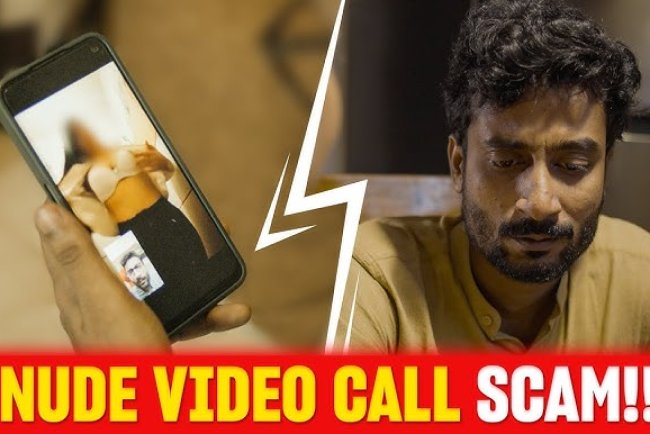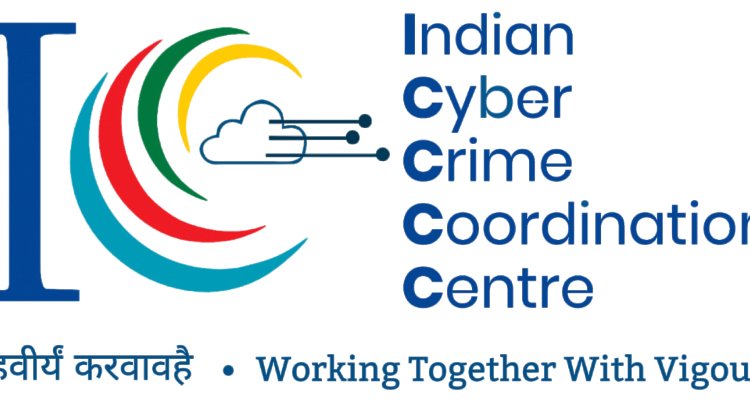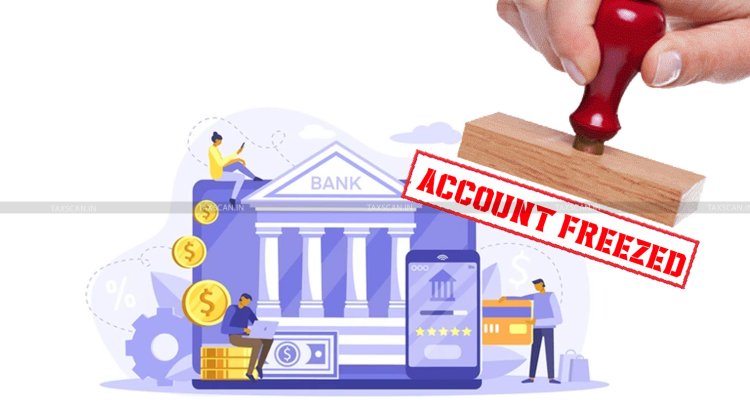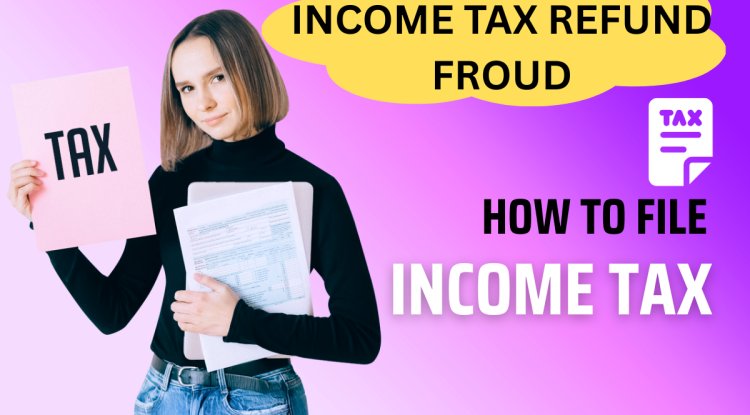Case 2 - Credit card scam
Suresh received a call from someone posing as a bank employee, claiming to help activate and increase his credit card limit. The caller, who knew some of Suresh’s personal details, sent a fake bank link (proforma). Suresh entered his credit card info and OTP on the fake page. The scammer used this data to make a real transaction worth ₹48,500. Suresh was scammed.

Suresh makes a credit card application. A courier brings his credit card home. The following day, he receives a call. Suresh is informed by the caller that he is phoning from his bank in order to activate and raise the limit on his credit card. Additionally, he provides Suresh with his name and some personal information, leading Suresh to assume that the caller already knows something about him—possibly even that he works for his bank. The caller goes on to add that he is sending him a bank proforma. which he needs to complete and turn in in order to raise his limit.
A URL is sent by the caller. Suresh clicks on it, and a page with a bank proforma appears..Suresh enters the details for his credit card. After a while, his credit card sends him a message saying that he has spent $48,500. Suresh is unable to comprehend what transpired. He eventually realises that he has been deceived. However, he doesn't know how this occurred.
Did clicking on that link result in a deduction of funds, or did anything else occur?
Well, well, Please let us know how Suresh turned out. A bank-style proforma appears when Suresh clicks on that link, and he enters his credit card information. An OTP then appears, which he submits, but it is unsuccessful because it was a phoney page.the same information to make a purchase on the actual page, and he immediately uses Suresh's credit card funds after receiving the OTP.
Avoidance Although they may have a lot of reasons,
you should never trust such an unknown caller, offer them money, or divulge any personal information by clicking on any links they send you.
What's Your Reaction?























